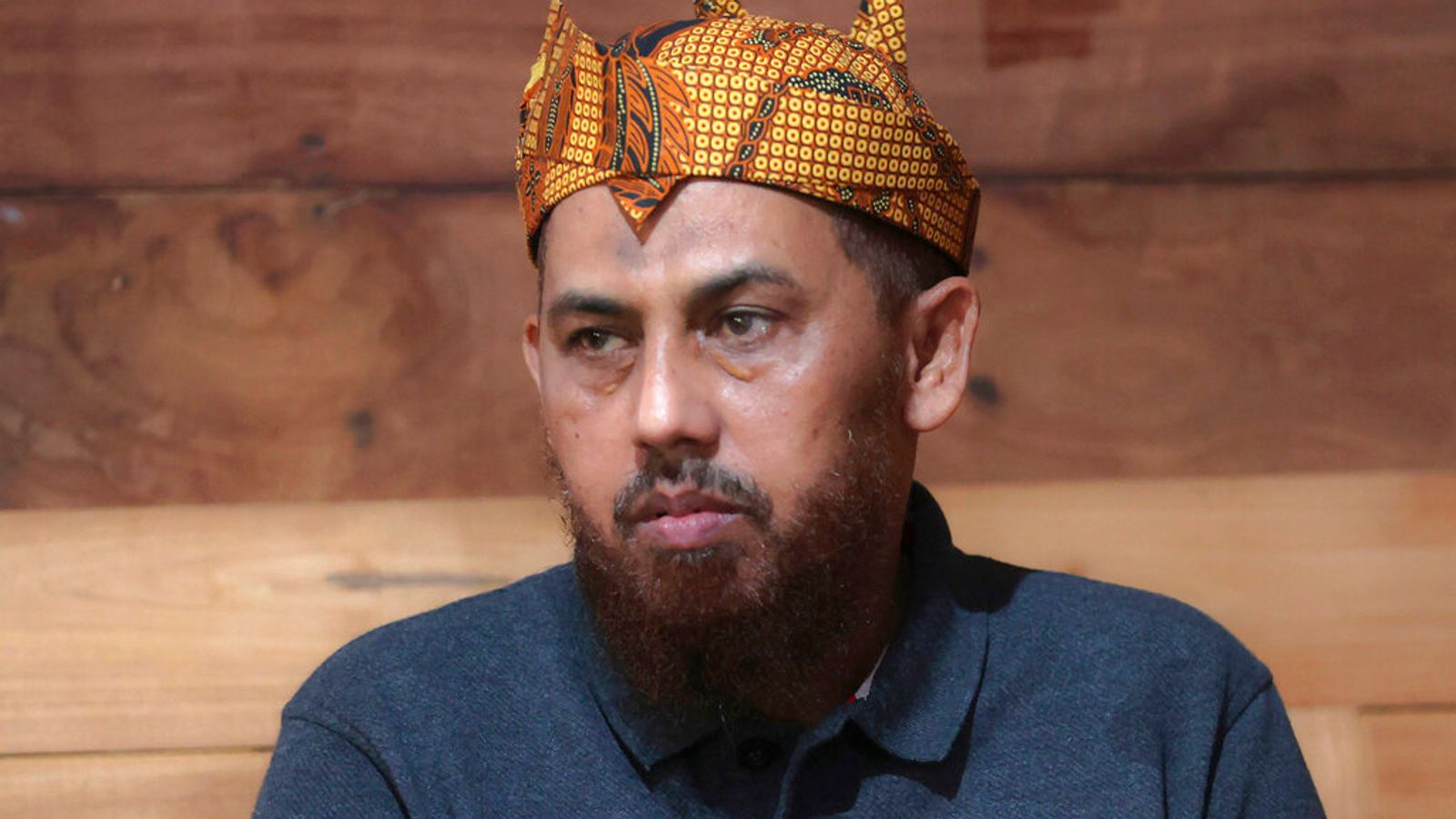An Indonesian bombmaker has apologised to victims’ families for making the explosives used in the 2002 Bali bombings.
Umar Patek was jailed for 20 years in 2012 after being found guilty of helping mix the bombs used to inflict mass murder at two tourist bars on the island in 2002.
He was paroled last week after serving around half of his original sentence for the travesty that killed 202 people, mainly tourists, including 88 Australians.
He was a leading member of the al Qaeda-linked network Jemaah Islamiyah, which was blamed for the blasts at two nightclubs in Kuta Beach.
Speaking to reporters on Tuesday, he said: “I apologise not only to the people in Bali in particular, but I also apologise to all Indonesian people.
“I also sincerely apologise especially to the Australians who also experienced a very great impact from the Bali bombing crime,” Patek said.
“I also apologise to the victims and their families both at home and abroad, whatever their nationality, whatever their ethnicity, whatever their religion, I sincerely apologise to all of them.”
Rishi Sunak refuses to apologise six times for Truss’s economic turmoil
COVID-19: Monkeys raid homes in Bali after losing out on food from tourists due to pandemic restrictions
Bali: British hotel owner arrested on Indonesian resort island for alleged drug possession
Patek had been visiting former militant Ali Fauzi, a long-time friend who runs a scheme aimed at deradicalising militants in East Java’s Tenggulun village.
Wearing a grey shirt and Javanese traditional headgear, he received a warm welcome from his old friends, some of whom were former convicts who had joined the scheme.
Indonesian authorities claim Patek was successfully reformed in prison, adding they will use him to influence other militants to turn away from terrorism.
However, he is still being monitored and will have to take part in a mentoring programme until his parole ends on 29 April 2030.
Back in August, news of Patek’s impending early release sparked outrage in Australia.
Australian Prime Minister Anthony Albanese described him as “abhorrent”, saying his freedom would cause further distress to Australians who endured the trauma of the bombings.
Eighty-eight Australians, 38 Indonesians and 23 Britons were among those killed when a suicide bomber triggered his device inside Paddy’s Irish bar on 12 October 2002.
Seconds later, as people fled into the street, a van stuffed with explosives was detonated at the nearby Sari Club.
Hundreds of people in the bustling Kuta area were badly burned in the attack, which overwhelmed local hospitals.
Patek was jailed after going on the run for nine years with a $1m reward on his head. He was finally captured in 2011 in the same Pakistani town where Osama bin Laden was killed – Abbottabad.
Three men were later executed for their part in the attack.





